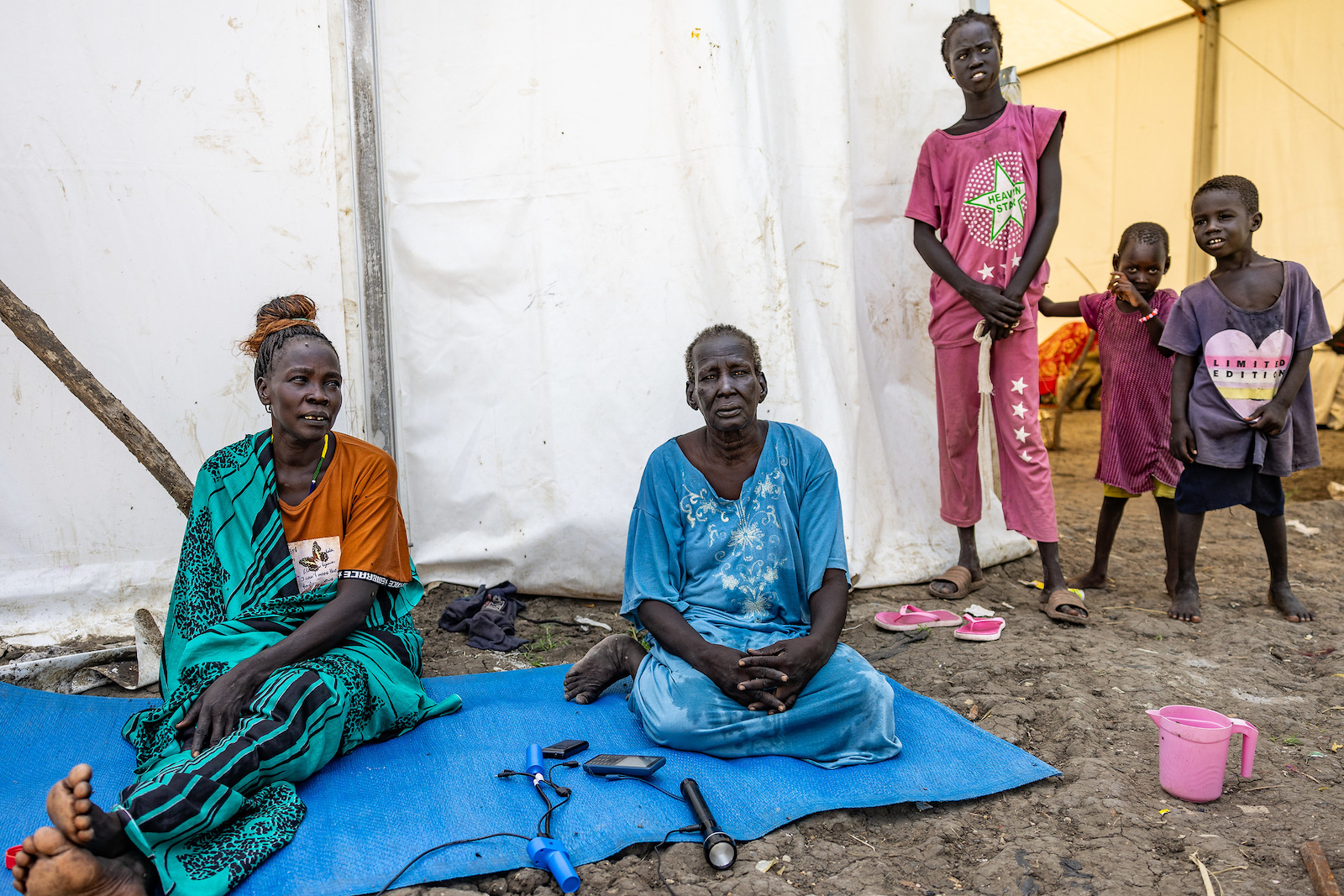
Where are the Protests Over Sudan’s Civil War?
As the world’s focus remains justifiably on Gaza and the Palestinians, several other populations facing severe crises are being tragically overlooked. One such group is the civilian population of Sudan, which is suffering under a brutal civil war that has claimed thousands of lives.
Just this week, 23 people were killed in an airstrike carried out by the Sudanese military on a marketplace in the capital, Khartoum. Over 40 others were wounded. The strike took place near one of the main camps in Khartoum, where the paramilitary Rapid Support Forces (RSF) are clashing with the military.
Yet, despite these horrors, the plight of the Sudanese seems to draw little attention from global audiences. Protests in cities like London, Paris, and New York remain silent on their suffering, even as the world passionately rallies around other international conflicts, such as the ongoing situation in the Middle East.
According to the German Institute for International and Security Affairs, when examining the level of reporting by international outlets and comparing it to the fundraising success of the UN’s humanitarian appeal, Sudan’s brutal civil war appears almost marginal when juxtaposed against today’s dominant conflicts—Ukraine and Gaza.
For instance, the German Chancellery mentioned Ukraine 190 times in press releases over the past year, but Sudan was referenced only thrice. Similarly, The New York Times ran nearly ten times as many articles about Gaza compared to Sudan, and over thirteen times more for Ukraine.
The disparity is glaring when considering the scale of the crisis. Sudan has become the world’s largest displacement crisis, with around 11 million people—8 million of whom were displaced since the war began on April 15, 2023—forced to flee their homes. The UN and humanitarian organizations are increasingly warning of an imminent famine and declaring that Sudan is experiencing the world’s largest hunger crisis.
Since the conflict erupted in April 2023, more than 5.4 million people have been displaced within Sudan, while another 1.4 million have fled across borders into neighboring countries like Chad, Egypt, and South Sudan. More than 15,000 people have been killed, and 25 million are in need of humanitarian assistance.
Even before this current wave of violence, Sudan had over 3.7 million internally displaced people, primarily in the Darfur region. Many of these individuals have now been displaced again. A particularly troubling escalation of violence occurred in Darfur in late October, bringing with it horrifying reports of sexual violence, torture, arbitrary killings, and the targeting of specific ethnic groups.
The situation continues to worsen, with thousands more fleeing across borders. In just the first week of October, more than 8,000 people fled into Chad—though this is likely an undercount due to the difficulties of registering new arrivals. The UNHCR, in cooperation with Chad’s government and local partners, is preparing for more refugees. Efforts are being ramped up to provide protection, monitor conditions, and offer essential services such as water, sanitation, shelter, and healthcare.
The delivery of humanitarian aid, however, remains perilously difficult. Within Sudan, ongoing hostilities, rampant insecurity, and rising crime have severely hampered aid efforts. Many aid agencies, including the UNHCR and its partners, have been forced to suspend their activities in certain areas, leaving millions who rely on this assistance to survive in an even more precarious position.
Jonathan Freedland of The Guardian succinctly captures the complexity of Sudan’s civil war when he notes the world’s neglect: “Could it be that the Western progressive does not quite know who to root for? Both the RSF and the Sudanese Armed Forces, or SAF, are guilty of appalling crimes, and there’s no simple, comfortingly familiar narrative structure into which this conflict can be slotted.”
He goes on to explain how many on today’s left view global conflicts through a binary lens, where the world is easily divided into oppressors and the oppressed, colonizers and the colonized. But, as Freedland rightly points out, Sudan’s civil war doesn’t fit neatly into this black-and-white framework, leaving many unsure of how to react—or even which side to support.
While conflicts like Gaza and Ukraine dominate the headlines, they are not the only crises unfolding today. From the Armenians in Nagorno-Karabakh to the Rohingya in Myanmar and now the Sudanese, each of these tragedies deserves equal attention.
It’s time for the global media and concerned activists to take notice and for protests to rise in solidarity with more than one cause. The suffering in Sudan cannot be ignored any longer.

